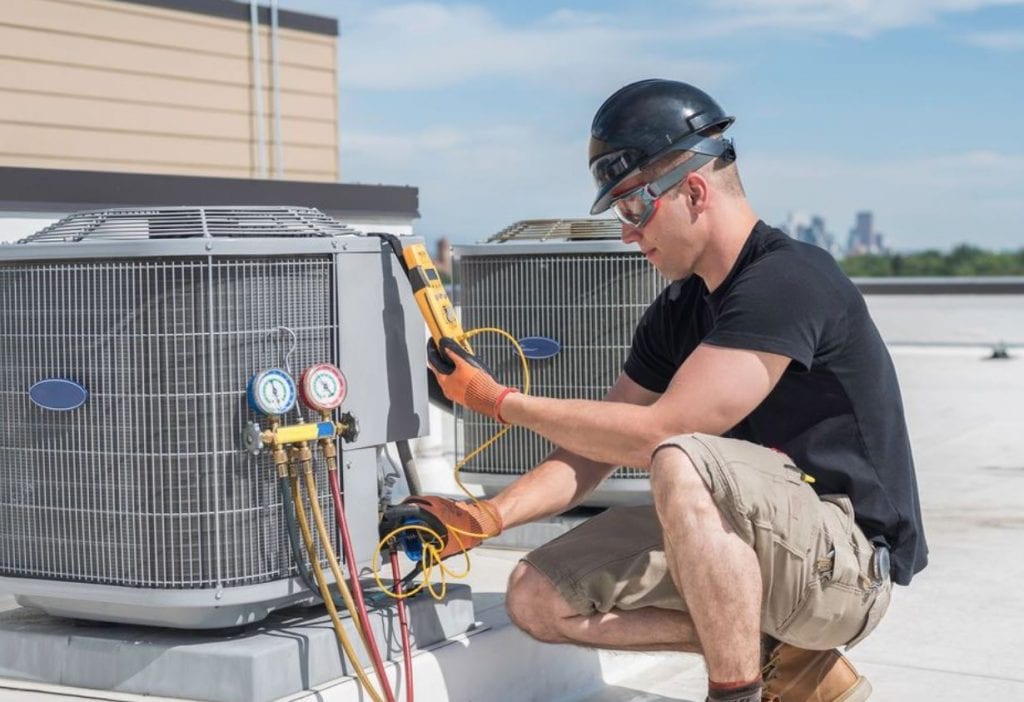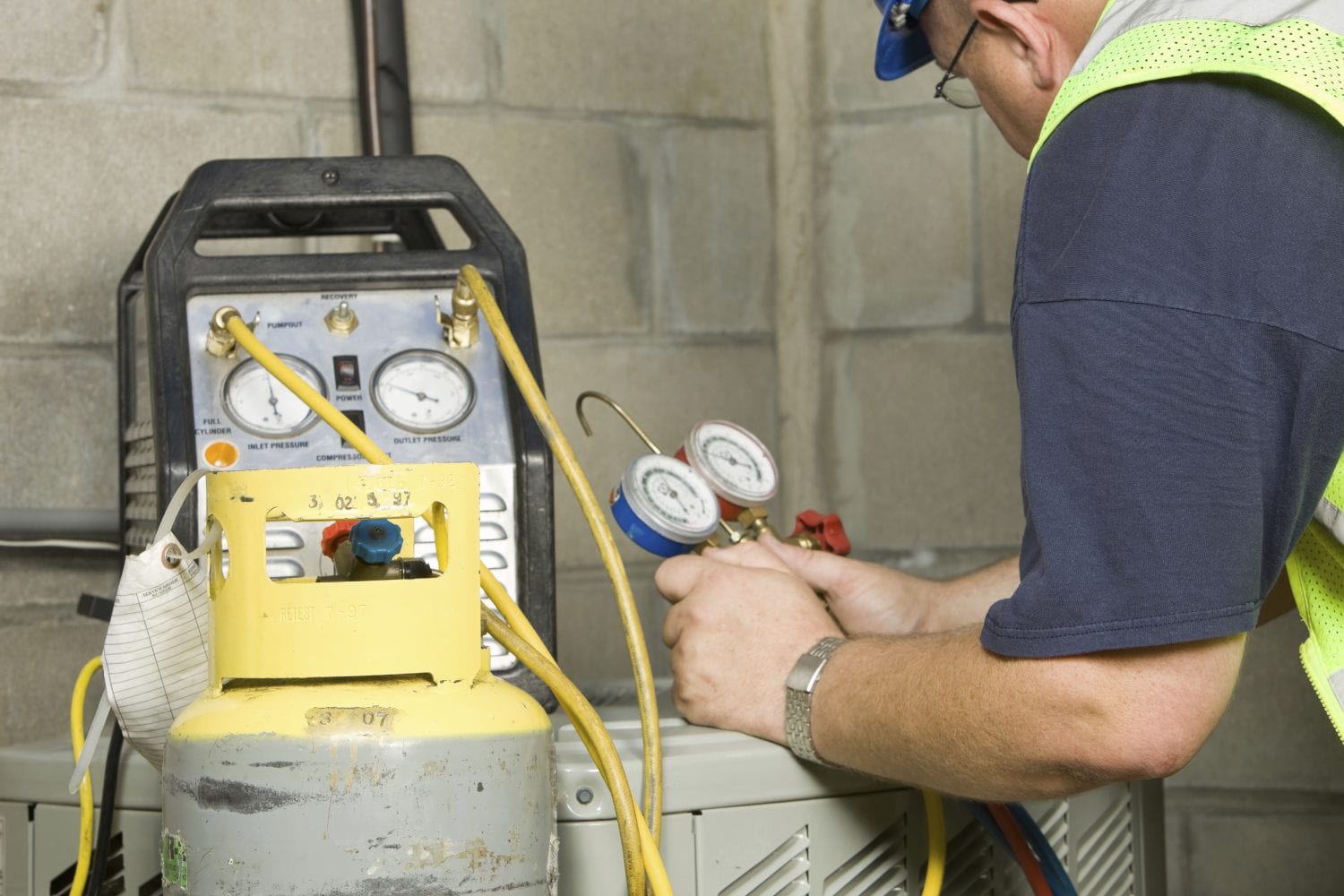How to Prepare Your HVAC System for Fall 2022
by
You’ve heard the adage that “an ounce of prevention is worth a pound of cure.” That holds true when it comes to your heating and air conditioning (HVAC system). If you are proactive and prepare your HVAC for fall, you’re less likely to have costly repair or replacement issues. In addition, when you follow fall HVAC tips, you may be able to diagnose common air conditioning problems.
Here are some things you can do to prevent HVAC problems this fall and Winter of 2022, reduce electricity costs, and help your system last longer:
- Cleaning and replacing air filters: An easy and inexpensive way to help prepare your HVAC for fall. When you have a dirty air filter, allergens and other pollutants get trapped, reducing the efficiency of your HVAC system. Follow your system’s suggested replacement schedule, which is generally every month—and definitely when the seasons change. Doing this regularly could trim 5-10 percent off your monthly energy bill.
- Clean and seal the air ducts: To prevent drafts and energy waste. Many homes have leaky air ducts that cause the home to not get cool or hot enough. You may want to invest in ductwork sealing.
- Clean the outdoor compressor unit: Quite often, debris accumulates in and around the outdoor compressor and impede the airflow. Remove any leaves, sticks or trash that get stuck in the grill or under the unit. You can also hose down the unit and compressor coils (after turning off the power to the unit) to remove dust, pollen and dirt.
- Protect the outdoor HVAC unit from bad weather: Covering it is an option—especially if hail us in the forecast—but it’s also an invitation for small animals to take cover for the winter. They can chew and destroy wiring. Also, covering can trap moisture and cause mold. If you use a heat pump for your heating and cooling, don’t cover it.
- Test your heating before you need it: Turn up the thermostat high enough to engage the furnace. If the temperature rises and heats the room fairly quickly, you know it’s working. If not, you have time to schedule repair service. Remember that the first time you turn on the heat, it might have a funny odor that should subside.
- Re-caulk and weatherstrip windows, doors and pipes: This can keep warm air from escaping or cold air from coming in—and that can increase your energy bill.
- Change the settings on your thermostat: When it’s cooler outside, you’ll want to increase the temperature according to your desired comfort level. You might also consider investing in programmable smart thermostats that you can control from a mobile app or a home interface screen.
- Remove your window air conditioning units and store them for the winter. It’s a good time to clean them and check for defects. Then make sure that the seals around your windows are secure.
- Schedule a professional HVAC check-up: If you want fewer repair expenses, scheduling preventive maintenance for your HVAC system can help. Being proactive can extend the life of your AC and dehumidifier, and that saves you money. During an HVAC inspection, a technician will:
• Identify damaged parts (if there are any)
• Check the condenser/compressor unit
• Clean the coils
• Lubricate moving parts
• Ensure the wiring is safe and electrical connection tight
• Look for blockage in the drains
• Tighten loose hoses and connectors
• Monitor the refrigeration levels
• Remove dirt, dust and grime from the inside of the unit
• Test the thermostat and indoor components

- Upgrade your HVAC if necessary. If you think it’s time to upgrade your HVAC, fall is an ideal time to do it because contractors aren’t as busy as they are in the summer. If you’re not sure what to do, follow the 5,000 rule. Multiply the age of your HVAC system by the cost of the repair. If it’s more than $5,000, replacement is the better option. The lifespan of a properly maintained system is generally 10 to 15 years. You might want to replace it if it:
• Runs more than it should or doesn’t turn on
• Leaks fluids
• Emits an odd odor
• Dispenses warm rather than cool air
• Results in unusually high electric bills
- Change the batteries in your smoke and carbon monoxide detectors. You should ideally do this twice a year, spring and fall. Knowing these lifesaving detectors are working properly will give you peace of mind.
Are you interested in becoming an HVAC technician? Florida Academy offers HVAC-R programs in Fort Myers, giving you hands-on education that employers value. Your instructors are all industry professionals who have done the job you’ll train for. Moreover, you’ll learn in a workshop on modern equipment that you’ll encounter in your actual job. In just 600 hours (7.5 months), you’ll have HVAC skills that you can take anywhere. According to O*NET OnLine, the projected job growth for HVAC technicians between 2018-2028 is 13 percent—much higher than average for other jobs. In Florida, job growth through 2026 is expected to be 27 percent. That’s good news for your career!
Enroll in a Florida Academy HVAC training program and start learning the skills you need for an in-demand career. The convenient evening classes may accommodate your work schedule and other obligations.

